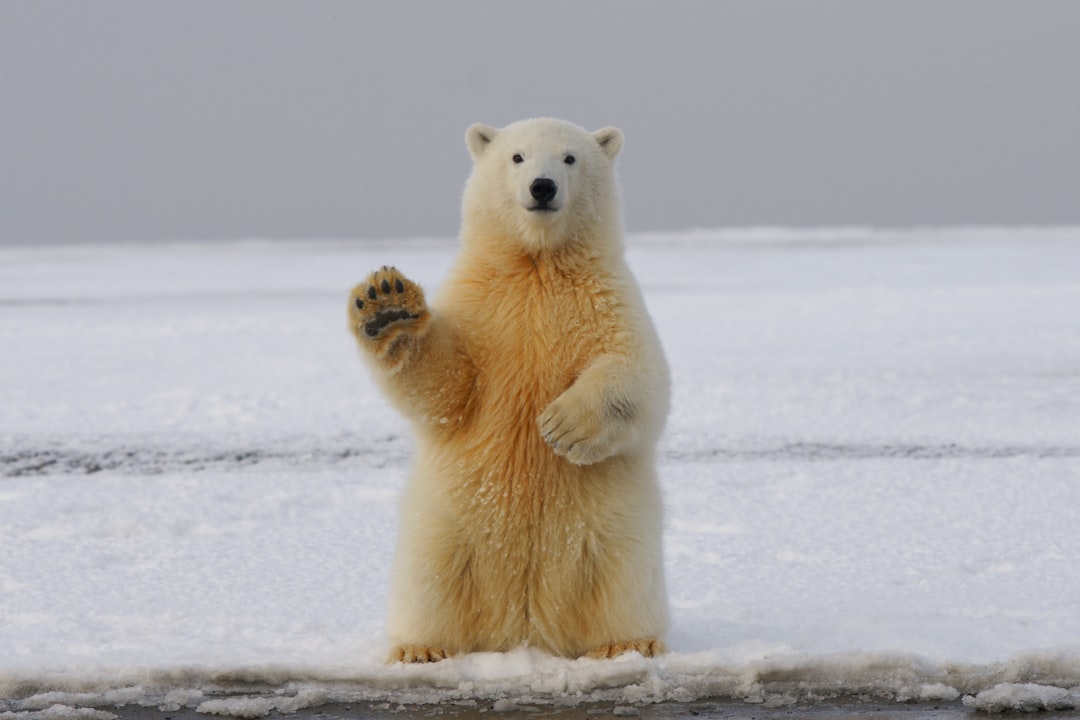All Nonfiction
- Bullying
- Books
- Academic
- Author Interviews
- Celebrity interviews
- College Articles
- College Essays
- Educator of the Year
- Heroes
- Interviews
- Memoir
- Personal Experience
- Sports
- Travel & Culture
All Opinions
- Bullying
- Current Events / Politics
- Discrimination
- Drugs / Alcohol / Smoking
- Entertainment / Celebrities
- Environment
- Love / Relationships
- Movies / Music / TV
- Pop Culture / Trends
- School / College
- Social Issues / Civics
- Spirituality / Religion
- Sports / Hobbies
All Hot Topics
- Bullying
- Community Service
- Environment
- Health
- Letters to the Editor
- Pride & Prejudice
- What Matters
- Back
Summer Guide
- Program Links
- Program Reviews
- Back
College Guide
- College Links
- College Reviews
- College Essays
- College Articles
- Back
The Marvelous Month of May
May is the month of celebration. We celebrate International Workers’ Day on May 1st. We indulge in margaritas, cervezas, guacamole and tacos on Cinco de Mayo. We honor our mothers on the second Sunday of the month. Our Memorial Day is dedicated to remembering the fallen soldiers while it conjures images of hamburgers, hotdogs, swimming pools and the beginning of summertime. May is also the Asian American and Pacific Islander Heritage Month. What’s more we ought to cherish the heavy-looking gray clouds known as May gray (and June gloom) in southern California because the marine layer acts essentially as a natural shield against a possible grim summer of heat, continued drought and wildfire.
As a young naturalist I also celebrated the International Day for Biological Diversity on May 22nd. Though it passed without much fanfare, I gave special treats to my pet fish, inspected the honeybee hives in my backyard, and dusted off the notebook I use to track Monarch butterflies. I marveled at the United Nation’s foresight thirty years ago to adopt the Convention on Biological Diversity at the 1992 Rio Earth Summit. And I had looked forward to this year’s COP15 UN Biodiversity Conference where many environmentalists convened to negotiate this decade’s targets to halt and reverse the rampant destruction of ecosystems and wildlife crucial to human civilization. Yet I fretted about how the United States remains the only country besides the Vatican that does not ratify this important global treaty on protecting nature.
While many people may perceive biodiversity loss to be a distant issue, it is indeed a very big deal. Biodiversity by definition refers to the wide variety of plant and animal species on the planet. It plays a crucial role in our daily lives and our futures. It would be foolish for us to think that technology alone can sustain our civilization as we turn a blind eye to the disappearing wildlife in dwindling forests, grasslands and wetlands. We as a species depend on the planet’s biodiversity for food, health, fertile soil, raw materials and ecosystem services like clean air and water. In particular, the San Diego area is in fact a biodiversity hot-spot but we have been losing our biodiversity at an alarming rate. Climate change, the over-exploitation of natural resources, pollution and habitat loss all contribute to this decline. The growing problem of human-coyote conflicts in urban cities including San Diego is also a consequence of biodiversity loss where coyotes’ main predator, the wild gray wolves, were annihilated by humans causing the coyote population to grow unchecked. Also many disease outbreaks in humans, from coronavirus to monkeypox, often share the commonality of originating from wildlife due to man’s disruption to the natural ecosystem.
Despite being concerned for a world that seems so troubled, I remain optimistic about nature’s resilience and our own human intellect in the face of this recent decline in biodiversity. Recently I was stoked to discover that an Israeli startup is spearheading the effort to reverse the widespread bee colony collapse with artificial intelligence. Another de-extinction startup based in Texas is working on restoring the arctic permafrost and resurrecting mammoth-like elephants. Besides innovation, activism meant to influence public policy is indispensable. I am incredibly grateful for our budding local climate activists such as those at SanDiego350.org and their indomitable spirit. At its 10th anniversary we celebrate young people’s power to effect change and build a shared future for all life!
Similar Articles
JOIN THE DISCUSSION
This article has 0 comments.


I'm a freelance writer and a high school student.